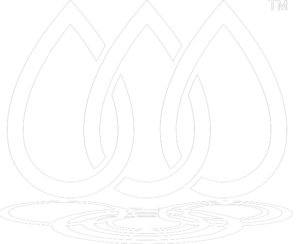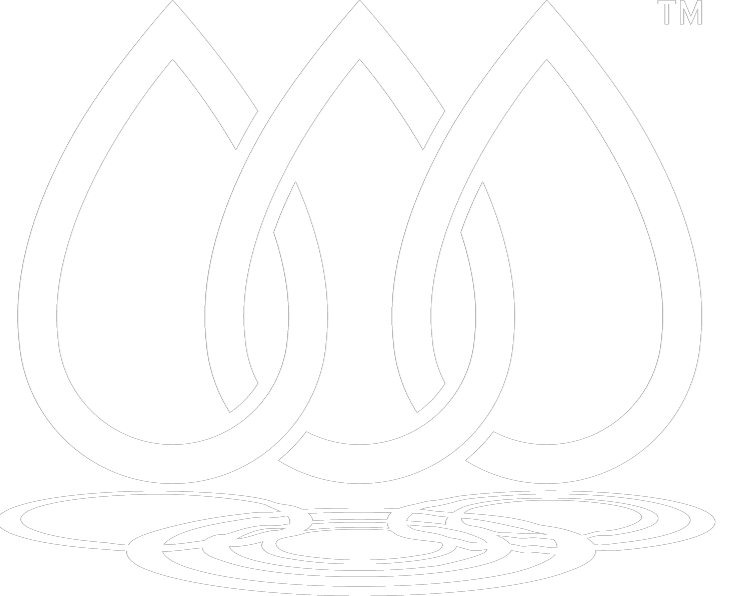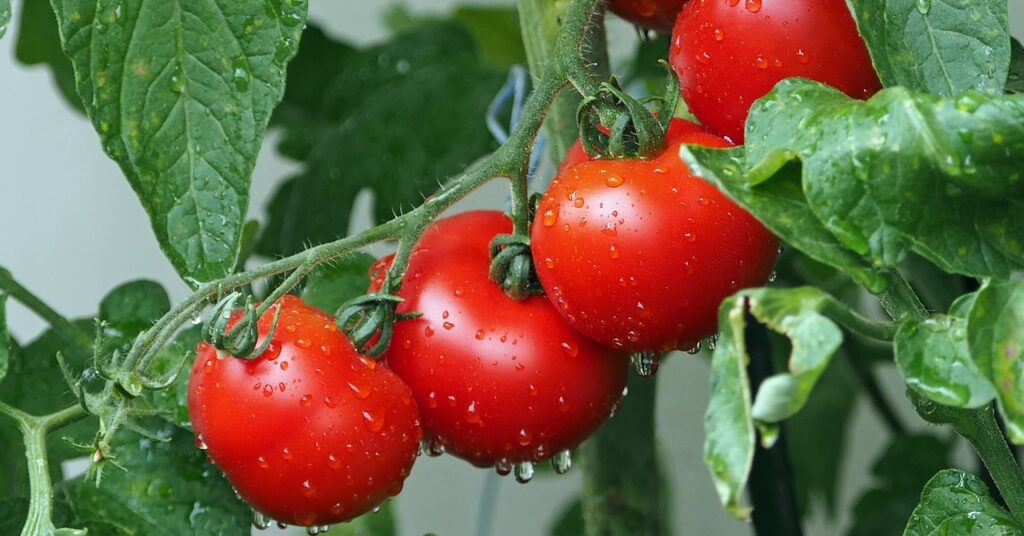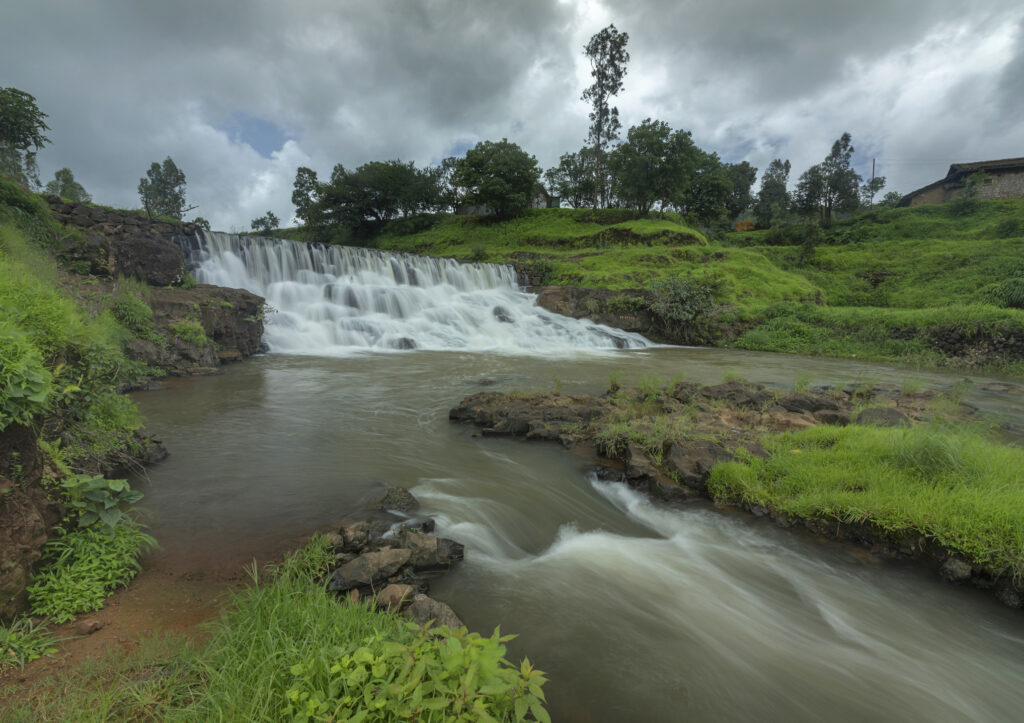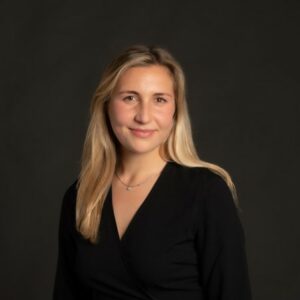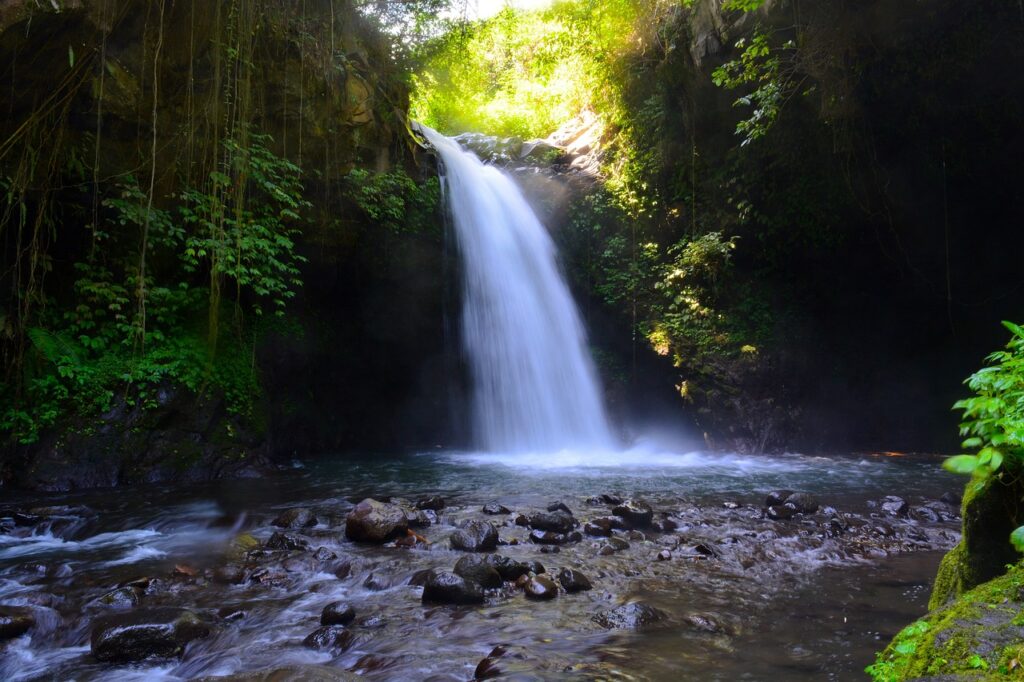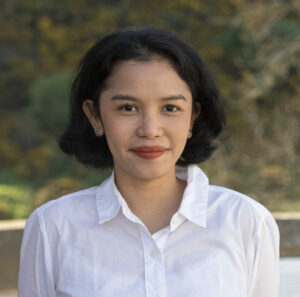"Globally, water is becoming a high-interest topic everywhere, not just in water-scarce areas. I believe companies need to approach water at the same level as climate change mitigation."
Celine Montauriol, Azura

Azura Group is a leading agricultural producer growing tomatoes, fresh herbs, edible flowers and clams for major European retailers and chefs. Azura aims to: ‘grow what is good for the planet, our customers, our teams and communities’.
The company joined AWS as a Funding Member in 2021. Here, Azura’s Celine Montauriol and Aude Ruiz Pradelles share their journeys in water stewardship and what inspiring inclusion means to them.
How would you describe your work to someone who may be unfamiliar with your area of work?
Celine: As Chief Sustainability & Innovation Officer, my job consists of instilling a culture of sustainability and innovation at all levels at Azura – from the CEO to farm workers.
Aude: As Quality System Director, my role is to lead the certifications programmes, including food safety, agricultural best practices and environmental certifications. I also lead a team responsible for food safety monitoring. Every day is different!
What drew you to working in water in particular?
Celine: Azura grows tomatoes in Morocco where water scarcity is increasing due to climate change. Water is an essential need that must be shared between all users – populations, industry, agriculture… We have a responsibility to develop water stewardship plans for our operations.
Aude: My role at Azura has always focused on the environment. As part of our agricultural system and commitment to sustainability, we started looking for a specific methodology dedicated to water. It has been a long journey, but it has led us to AWS.
What does water stewardship mean to you?
Aude: Water stewardship for me is the best way to be more impactful, resilient and efficient. It means looking beyond our farms to lead collective action and share experiences. It means not being afraid to face difficulties and challenge ourselves. It means gathering efforts with stakeholders and learning from the examples of others.
Celine: Developing a good water stewardship approach is essential to preserving water resources for all life locally. It is a good way to share our vision for sustainability with all stakeholders (authorities, communities, suppliers, clients,..) and explore the potential to develop common projects. This is therefore a subject that all water-conscious companies must prioritise.
How have you found working with the Alliance for Water Stewardship (AWS) and/or the AWS Standard?
Celine: We compared different standards in the agricultural sector and we chose the most powerful standard for integrating water action plans and engaging local stakeholders. The AWS Standard is the one we chose!
Aude: The AWS Standard is the most relevant standard for us, even though it is not specific to agricultural activities. I have also gained access to a new network of inspiring people and high-level experts across various sectors. This is also an important aspect of AWS besides the Standard, the AWS community!
What stage would you say you are at in your water stewardship journey?
Aude: We started implementing the AWS Standard in 2019. The internal diagnosis was the first step. Due to our scope (multiple sites, integrated production plus packing operation) and dimensions (47 farms and one packhouse under a unique central management system), it was a real challenge.
We could have selected only a few farms to implement the Standard, but it would have made it more difficult to scale up the process afterward. Water stewardship is now part of our day-to-day work and we have just had our first AWS audit. I think we are at an intermediary stage. We still need to learn and share!
What achievement are you most proud of when it comes to water?
Celine: Globally, water is becoming a high-interest topic everywhere, not just in water-scarce areas. I believe companies need to approach water at the same level as climate change mitigation, and I am proud to play a part in raising that awareness.
Aude: I’m proud of the dedicated team engaged in water stewardship at Azura. Our governance includes operators, managers and division heads who unite complementary skills to set up a common commitment with multiple approaches and viewpoints. We’ve just begun a long journey and it will be a daily challenge, but the team is focused on collective action, innovation and sharing. I’m proud to be part of that.
What does International Women’s Day mean to you?
Celine: It is an important day to remind us of the extent to which women still suffer from unequal treatment around the world, but also to highlight the women fighting against this inequality. We must stay vigilant – nothing can ever be taken for granted!
Aude: It means a lot. Celebrating women’s achievements, honouring trailblazing women who worked and still work for equity worldwide, inspiring future generations. IWD reminds us that we must promote women in all spaces, whatever their ambition and encourage them to reach their full potential.
At Azura, we continually work in networks, workshops and project management meetings. When there is a problem to solve or a project to set up, women from my organisation are mostly at the forefront, in a safe space to speak up. Diversity and the value of inclusion are key to any successful project.
Find out more about Azura Group by reading their latest sustainability report.
